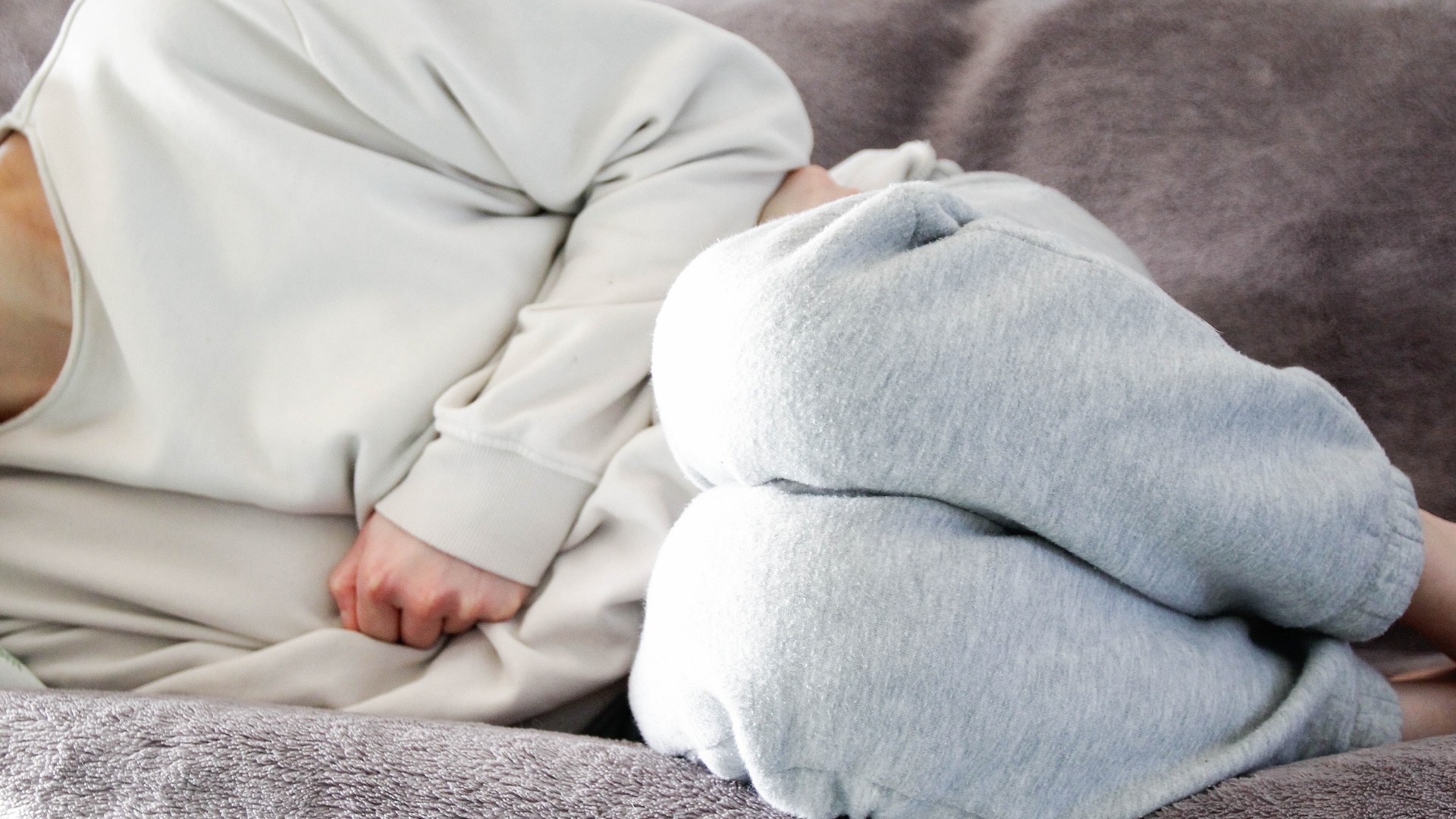
It’s a story all too many people know: You wake up with a stomachache and soon find yourself stuck in the bathroom, battling nausea, stomach cramps, vomiting and diarrhea. Within a day or two, everyone in the house is showing the same symptoms. These fast-spreading bouts of gastrointestinal distress are often caused by norovirus, colloquially known as the “stomach bug” or “stomach flu.”
Norovirus is highly contagious and the leading cause of foodborne illness in the United States, according to the Centers for Disease Control and Prevention (CDC). The virus spreads easily through direct contact with an infected person or with contaminated surfaces, even after the infected person’s symptoms have passed. Though cases tend to rise in fall and winter when people gather indoors in close quarters, anyone can contract norovirus at any time of the year.
Neutralizing, or “killing,” any norovirus that ends up on people’s hands or on surfaces helps to curb the spread of the illness. So what’s the best way to kill norovirus?
Washing your hands with soap and water is the best way to get rid of the virus, Dr. Robert Hopkins Jr., medical director of the National Foundation for Infectious Diseases, told Live Science. Cleaning hard surfaces, such as countertops, with bleach-based solutions can also neutralize the virus and thus prevent it from spreading to others.
Related: Here’s the best way to protect yourself from a norovirus outbreak
However, one common cleanser doesn’t work against norovirus: alcohol-based hand sanitizer. That’s because alcohol-based cleansers are only effective against certain types of viruses, known as “enveloped” viruses.
All viruses contain genetic material — namely, DNA or RNA — wrapped in a protein coating called a capsid. Some viruses, such as the culprits behind influenza and COVID-19, also have a protective outer “envelope” called a phospholipid bilayer, which is similar to the membrane that surrounds human cells. Without this envelope, these viruses can’t attach to or infect host cells. Alcohol-based cleansers neutralize viruses by interfering with that outer envelope, rendering the virus inert.
But alcohol-based hand sanitizers, cleaners and cleansing wipes don’t work against non-enveloped viruses, such as norovirus. Non-enveloped viruses don’t have or need a phospholipid bilayer, and they can survive much longer on surfaces without invading a host cell. (Norovirus can survive for days or weeks on surfaces, depending on the surface type.)
Alcohols can’t break through the protein capsid of these viruses as easily as they do phospholipid bilayers, so neutralizing non-enveloped viruses requires different cleansers, such as soap or bleach.
As a person washes their hands, the soap surrounds the viral particles and physically washes them off the skin. “Soap itself is very effective at disrupting capsules of almost any type of cell. If you put enough soap on your skin, you’re going to break the skin barrier. Same with bleach,” Hopkins said. That’s why frequent handwashing can sometimes lead to dry skin.
Cleaning surfaces requires an even stronger cleanser, such as bleach, to completely inactivate the virus.
Once someone contracts norovirus, they have to let the infection run its course — there are no available antiviral treatments for it, and antibiotics won’t help because they treat bacterial infections, not viral ones. The CDC recommends that people who catch the stomach bug drink plenty of fluids to prevent dehydration and stay away from others while they’re sick, as well as for two days after their symptoms resolve.
“When we don’t have specific antivirals, then I think it’s even more important that we do what we can to prevent infections, rather than having to treat those symptoms,” Hopkins told Live Science.
To protect yourself and others from norovirus, the CDC recommends frequent handwashing with soap and water, especially after using the bathroom, before preparing or handling food, and before and after caring for someone who is sick. If a family member or roommate falls ill, disinfect contaminated surfaces with a bleach solution and wash soiled clothing in hot water. The CDC has a video detailing how to do this correctly.
There’s evidence that norovirus particles may possibly spread through the air in health-care settings, and that vomiting can produce airborne particles. So in conjunction with handwashing and disinfecting measures, wearing a face mask may also help to reduce transmission, the CDC has suggested.
“If you are sick, whatever your symptoms are, stay away from others,” Hopkins said. “You don’t want to transmit what you have, whatever it may be.”
This article is for informational purposes only and is not meant to offer medical advice.








Leave a Comment